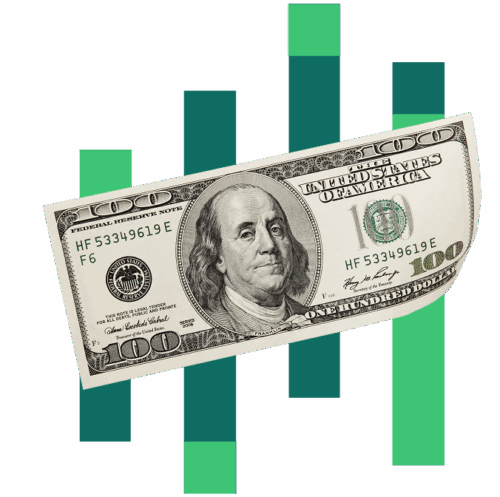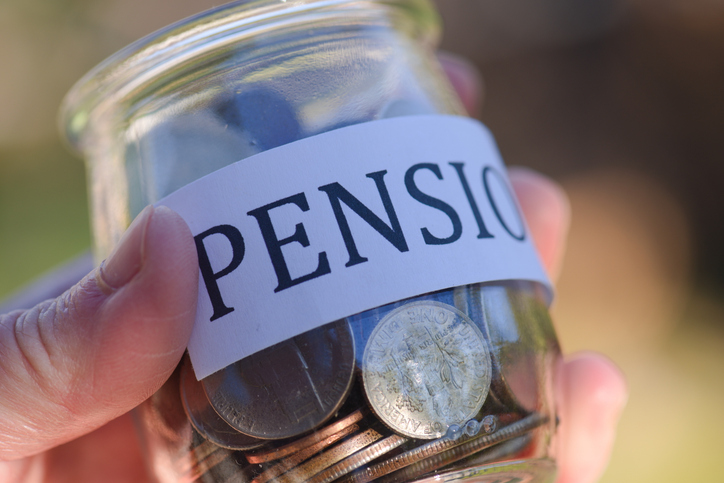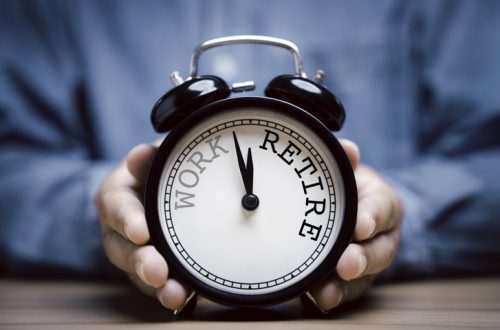
A Better Bang for the Buck 3.0
This analysis finds that defined benefit (DB) pension plans offer substantial cost advantages over 401(k)-style defined contribution (DC) accounts. A typical pension has a 49 percent cost advantage as compared to a typical DC account, with the cost advantages stemming from longevity risk pooling, higher investment returns, and optimally balanced investment portfolios. A Better Bang […]





